Call for Papers for the 15th Nepal Study Days
12-13 April 2017 hosted by Bournemouth University, UK
The Britain Nepal Academic Council (BNAC) invites scholars and practitioners from all disciplines to participate in the 15th BNAC Nepal Study Days. All presentations should focus on Nepal, its diaspora and/or the Nepali cultural world. We invite presentations that share research findings, preferably of work that has reached an advanced stage or has been completed. The 2017 event will be held in Bournemouth House at Bournemouth University. Details of previous study days can be accessed online here! We also invite proposals for research posters.
If you are interested in participating, please send a 300-word abstract of your proposed presentation to bnacstudyday@gmail.com by 28th February 2017. The Study Days organizing committee will review the proposals received on time and make a selection. Selected abstracts will be circulated to registered participants in advance and posted to the BNAC website.
Members of BNAC may attend the Nepal Study Days for free, though we will ask for a contribution towards the costs of the lunches. For non-members there will be a registration fee of £25, which will include lunch on both days.
We would like to encourage prospective participants to apply for or renew their membership for 2017 in time to be eligible for free registration. To download membership application form and for other details about BNAC membership, please visit www.bnac.ac.uk/membership/.
We hope to be in a position to offer small bursaries towards the travel costs of students from outside Bournemouth whose abstracts are accepted.
Deadline to submit abstracts: 28th February 2016.
Deadline to register for those who are not presenting a paper but who wish to attend: 4th April 2017.
For more information and registration, please contact the Nepal Study Days organizing team (Pramo Regmi, Jib Acharya, Preeti Mahato and Edwin van Teijlingen) at bnacstudyday@gmail.com.
The application form can be found here!
We suggest you book your accommodation in Bournemouth well in advance. To download the list of hotels close to the programme venue, click here.
For details about new membership application (and to download forms) or renewal, click here
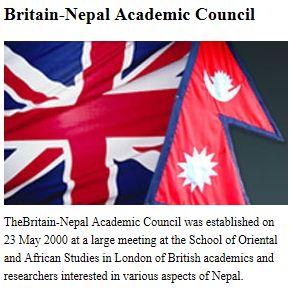
Prof. Edwin van Teijlingen
Dr. Pramod Regmi
Mr. Jib Acharya
Mrs. Preeti Mahato

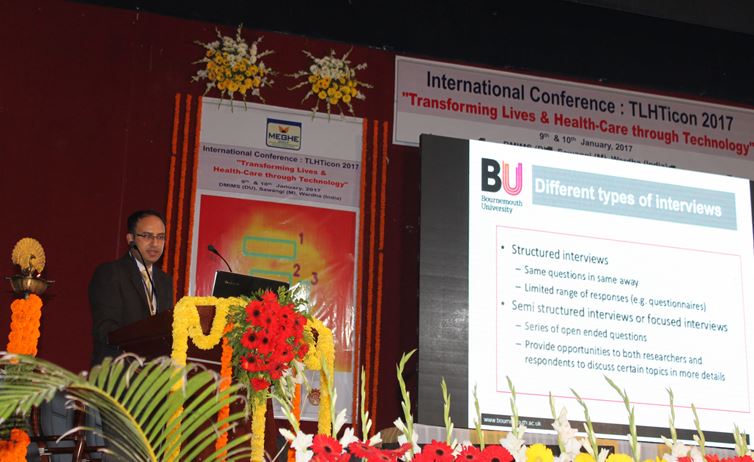
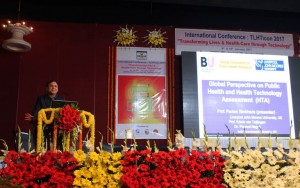
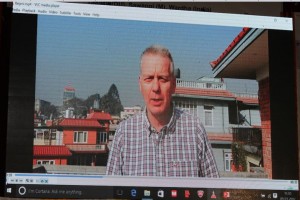
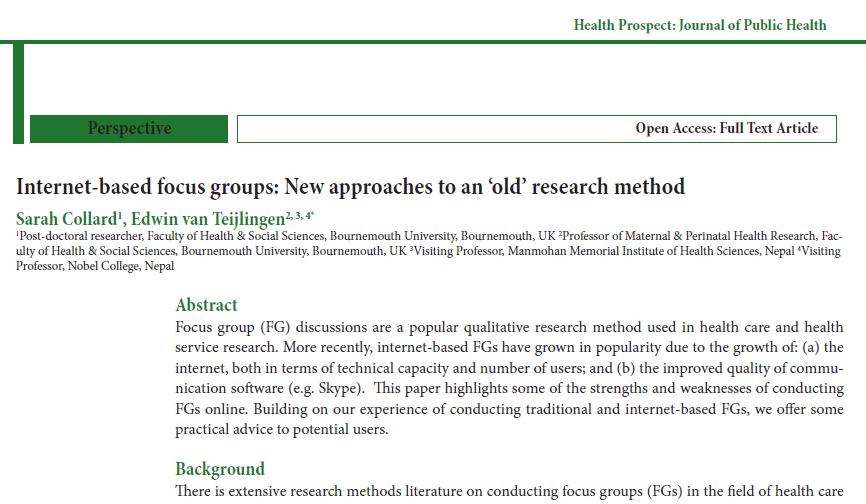

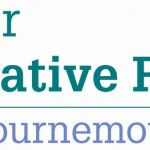


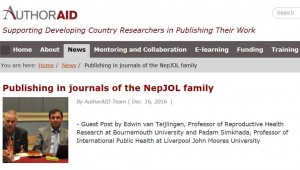
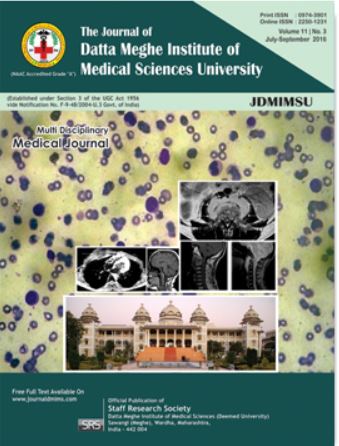
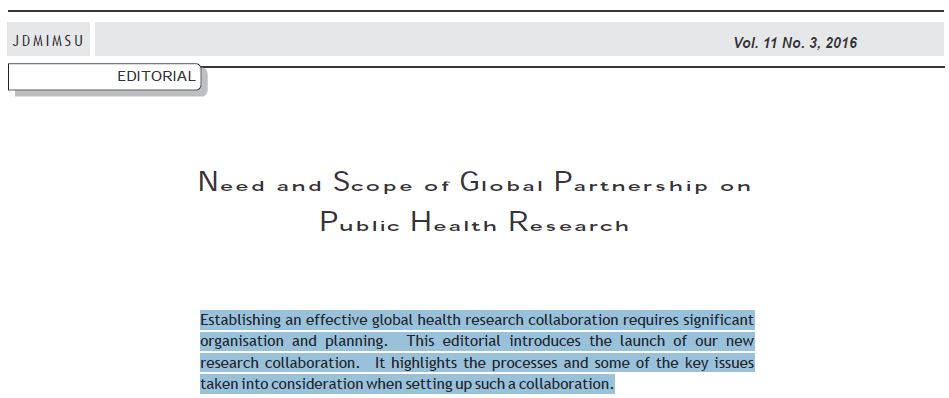

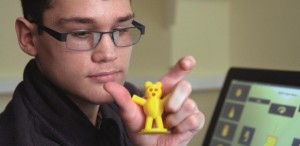
 Bournemouth University researchers
Bournemouth University researchers 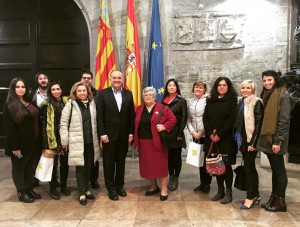
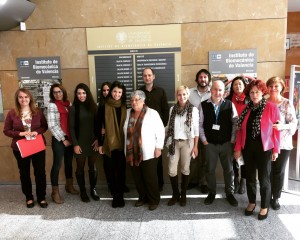


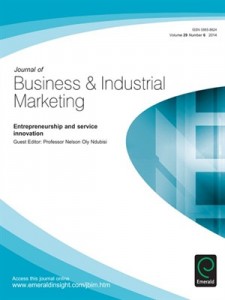
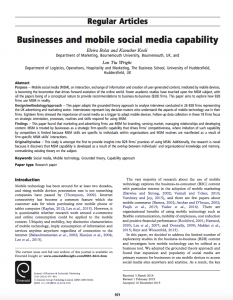


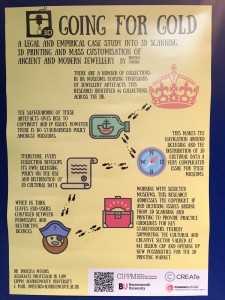











 Read and sign up to BU’s Policy Influence Digest
Read and sign up to BU’s Policy Influence Digest Upcoming opportunities for PGRs – collaborate externally
Upcoming opportunities for PGRs – collaborate externally BU involved in new MRF dissemination grant
BU involved in new MRF dissemination grant New COVID-19 publication
New COVID-19 publication MSCA Postdoctoral Fellowships 2024
MSCA Postdoctoral Fellowships 2024 Horizon Europe News – December 2023
Horizon Europe News – December 2023